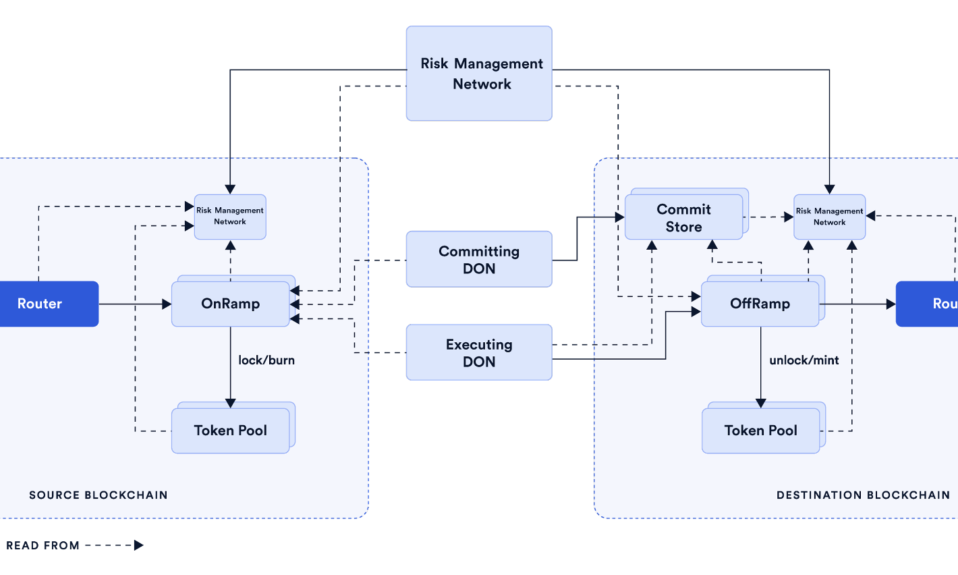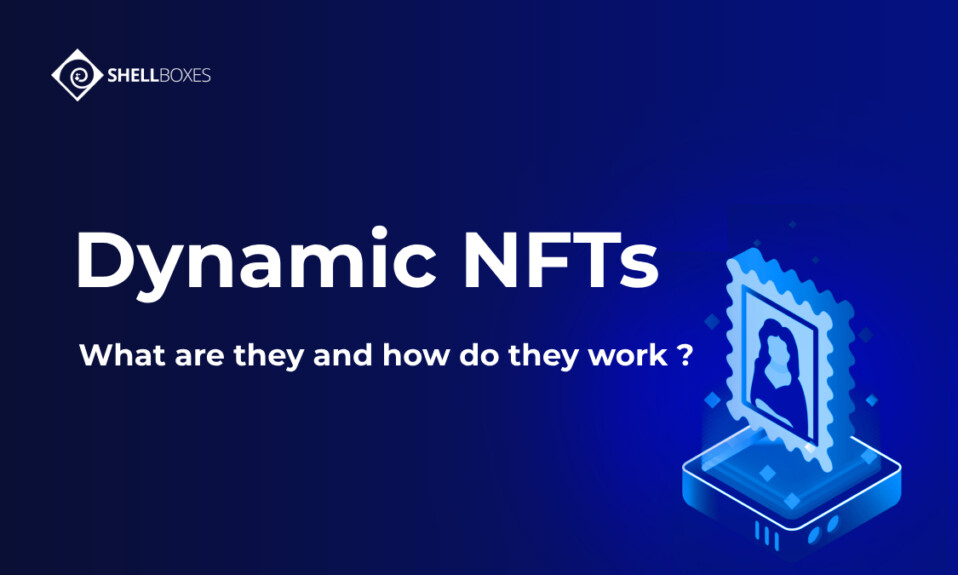
Non-fungible tokens (NFTs) trading are among those sectors which gained mainstream attention in the past few years. Fungible generally means interchangeable, which means you can exchange a dollar bill or a Bitcoin with another dollar bill or a Bitcoin, respectively. However, non-fungibility is used to denote ownership which can be tracked on the blockchain.
NFTs sold in millions of dollars have made headlines. This increasing trend is creating concern about NFTs’ security as well. Hacks and attacks in crypto exchanges, DeFi protocols, individual attacks, etc., are common, but NFTs also have some security threats associated with them.
NFTs and Private Key Security
NFTs work like cryptocurrency tokens, with ownership recorded on the blockchain and secured in a digital wallet.
So, for NFTs’ security, private key security is critical. If a malicious actor gains access to the private key, he can undergo a transaction that will transfer the ownership of the NFT from one person to another on the blockchain.
Moreover, due to the immutable nature of blockchain, such fraudulent transactions would be irreversible.
51% Attack and Ownership on The Blockchain
Since an NFT’s transaction and ownership are recorded on the blockchain, blockchain immutability should protect the buyer’s asset ownership.
However, a 51% of attack, which allows hackers to gain access to 51% of the computing power of the network, is common on smaller blockchains. After gaining access, they can rewrite and reorganize the network into a new blockchain version. Such a newly created and controlled network may revoke an NFT ownership.
Secure Your NFTs Ownership on The Blockchain
Securing your digital assets and their ownership has always been challenging, but blockchain has changed things, providing enhanced security.
If you own precious NFTs,sell or auction high-value NFTs and are concerned about the security of your assets, you must request a security audit. Moreover, reach out to our security experts at [email protected] to see how we can help protect your ownership.









